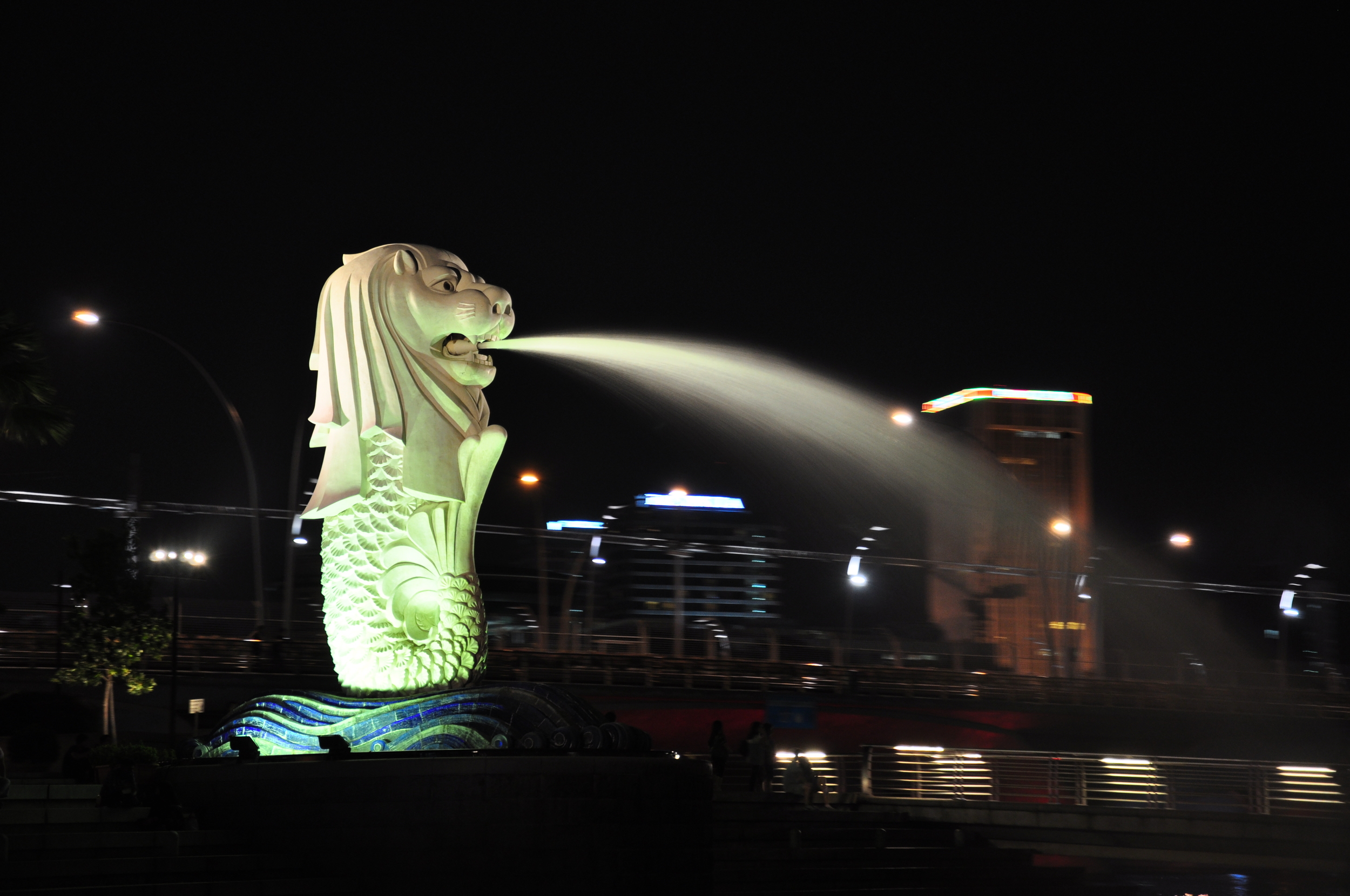It's been a few days since the election results have come in. Analysts, both local and overseas, have looked into the event and given their views on the reasons for the outcome.
There seems to be a running consensus that the patriotism brought about by the SG50 reminiscence and celebrations, as well as the passing of our Minister Mentor Lee Kuan Yew, have contributed greatly to the increase in support for the PAP.
Doubtlessly, this shows the PAP's understanding of human sentiment and psychology. Though it may seem to some like an unfair advantage for the ruling party to use in politics, the opposition parties clearly use this in their riling up of their supporters as well.
This understanding of psychology is an indication that both parties know of the unhappiness and dissatisfaction of many Singaporeans, especially in terms of income gaps, immigration policies, and rising costs of living.
It is therefore improbable that the ruling party does not know that negative sentiments will arise from the introductions of some of their less-popular policies.
The question, then, is: Why did they still pass these policies?
Surely any government would like to know that they are supported by their people and popular with them. Knowing that some policies will make them less popular with Singaporeans, there must be other factors involved in the decision-making process.
Here, many disgruntled locals will cite the "obvious" reason that our politicians just want to make money and line their own pockets, with no heed to the well-being of Singaporeans.
With some thought, I find this to be a rather illogical conclusion to come to.
Here, I will list my reasons:
1) Stability is strength
There is no doubt that a stable country will be stronger than one that is unstable. Stability is, of course, affected by many factors. For example, crime rate, corruption, social disorder, and so on.
It is therefore not difficult to see that widespread dissatisfaction will eventually lead to dissent and social disorder. In order to counterbalance policies that will lead to dissatisfaction, other "pleasing" policies have to be put into action. It is a delicate balancing act, and it takes a lot of thought and tweaks to get it right.
If we are honest about it, we have a few policies that are still very unpopular. However, the fact that not every single citizen is up in arms about them shows that they have some benefits, to some, if not all, and may not be immediately felt by many of us.
This would mean that they are not necessarily bad policies, but policies that need further tweaking and refinement. As long as the government is still willing to work on them (even slowly), there is no reason to assume that they aren't listening to the people's concerns over these policies.
Singapore is one of the very few countries in the world with an atmosphere of security so high that a lone individual can walk along the streets in the wee hours and not have to worry about being a crime victim. Singaporeans feel so secure that they have no qualms leaving their bags and belongings to "book" a table while they go off to order their food - an absolute no-no in most countries around the world. Maintenance of such high security necessitates what may seem to be invasions of privacy - installation of CCTVs, police squads at large events, licensing for almost everything etc.
After all, security and freedom are two ends of the same spectrum. Though we are certainly leaning more towards security and less towards freedom, it seems to be a reasonable place to be.
Freedom of speech and freedom of expression are two points often brought up as missing in Singaporean media. Personally, having seen the negativity, thoughtless-ness, and lack of critical thinking and respect for others on numerous online platforms, I'm glad that these things are controlled.
If we take a step back and look at the global situation, things are looking bleak. When all else is sinking, it takes great courage to keep trying to stay afloat. Singapore has built a reputation of stability over the decades. Without this stability, investors, businesses, and high net-worth individuals will lose trust in us and likely pull out. Once trust is lost, it is difficult to regain.
Without the resources that these entities provide, how can Singapore survive?
Even if our politicians are really throwing out policies ultimately for their own financial benefit, wouldn't it make more sense for them to maintain a stable country than to have everything in a mess?
In the meantime, instead of complaining about their policies, shouldn't we take advantage of the stability of our nation to better ourselves and improve our own financial situations?
2) Corruption is not difficult to spot
Policies that benefit only the politicians who pass them will be seen by the global community as a sign of corruption.
It isn't difficult to see corruption in a country. Singaporeans who travel are likely to see it everywhere in the world. Though it is impossible for Singapore to have zero corruption, we certainly have a very low level of it.
Again, if other governments and businesses see corruption in Singapore, they have no reason to want to put their money here. With the loss of their funds, how will Singapore sustain its economy?
Why are high net-worth individuals looking to own property or take up residence here? Are they all in cahoots with our politicians? That is highly improbable, isn't it?
3) Leadership requires sacrifice
Sometimes, we have to choose the lesser of two evils. Both choices may have undesirable outcomes, but we pick the one that is easier to handle.
Perhaps, this is the outlook of the ruling party. They know that their policies will prove unpopular, yet they go ahead with them not because they don't care about what we think, but because they see the larger picture and see the future benefits of these policies for the nation.
In sacrificing popularity, they gain stability and wealth for the nation. To some, this is a good trade-off. To others, it isn't. There is truly no way to please everyone.
If Singapore had never achieved the stability it has, we would hardly be as wealthy, and we would be complaining about very different, probably very basic things like food, water, and infrastructure.
Our leaders have made difficult decisions, and they have surely thought them through. Perhaps they are not as in-touch with us as we'd like, but they are doing these things for the betterment of Singapore.
Leadership is a lot of trial and error. The ruling party has made mistakes, and they have often been slow to recognise them, but, looking at the efforts they are now making at being better at communication, they deserve an opportunity to make amends and make changes.
If I may liken this to a classroom, a teacher would enjoy being well-loved by her students. She could do this by giving them little to no homework, simple tests and examinations, and rewards for the most trivial things.
However, a teacher who does this is irresponsible. Her role is to educate her students, not to become the most popular teacher in the school. If her goal is the latter, we would say that she is being selfish. Her students, spending more time at play than at work, will not learn much about the subject she is supposed to teach them. They will be happy. They will enjoy her lessons, but they won't be getting any benefit for their future.
What do you suppose will happen when the national examinations come along, when they have to show what they are supposed to have learned? Who do you think they will blame then?
*A little disclaimer: These are my thoughts. You are free to agree or disagree with them. I am sure that I have missed details and/or connections between bits of information. If I make a thought connection in the future, I will edit as necessary.



